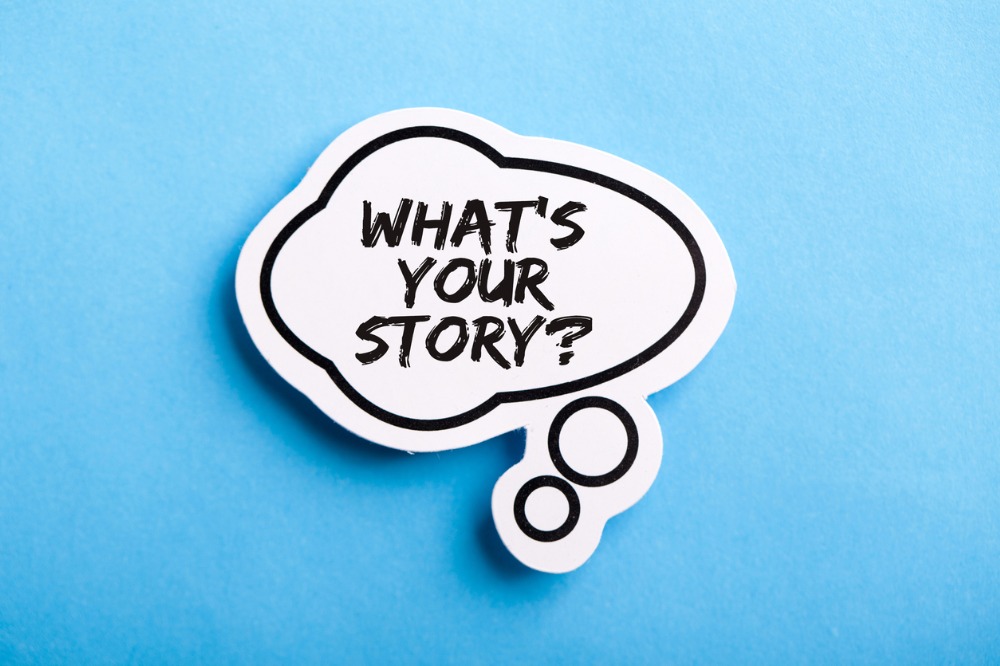
Self-doubt is common among engineering students, many of whom question their abilities and feel they don’t belong. A recent study from Boise State University (BSU) in the US found that engineering students often believe their peers understand the material better than they do, leading some to consider leaving the field.
This sense of not fitting in is a problem not only for the students themselves but for society as a whole, especially with the growing demand for STEM professionals worldwide, including in Australia. To address this, a team of interdisciplinary researchers at BSU, including professors Anne Hamby, Eric Jankowski, Krishna Pakala, and Patrick R. Lowenthal, have been exploring a new approach to help students overcome their doubts and persist in their studies.
With funding from the National Science Foundation, the research team introduced an innovative intervention: using storytelling to change how students see themselves in engineering. Their goal was simple – to see whether altering students’ self-narratives could improve their confidence and help them stay in the field.
The storytelling assignment
The project involved a partnership with The Story Collider, a nonprofit organisation that teaches people the art of storytelling. Engineering students at BSU were asked to share personal stories about overcoming a problem, whether academic or personal. The students received feedback, developed their ideas further, and recorded themselves narrating their stories.
Some students also performed their stories in a professionally produced show, which was made available online. These presentations featured themes of realising one’s potential, starting fresh, and overcoming unexpected challenges.
After two years of research, including surveys with 113 students and in-depth interviews with 22 participants, the results were clear. Students who took part in the storytelling assignment felt a stronger sense of belonging within the engineering community. They also identified more with the role of an engineer and were more likely to say they intended to continue in their major. One student reflected on her experience in a lab where things went wrong, sharing that writing about the incident helped her accept that “mistakes can happen. But that’s OK.”
Shifting stereotypes and boosting confidence
The benefits of storytelling extended beyond just boosting students’ confidence. Audience members who listened to these personal stories also had their perceptions of engineers challenged. Engineers are often seen as competent but distant or lacking in empathy. Hearing these stories humanised the profession, with audience members reporting that they found engineers more likeable and trustworthy after the performances.
These changes in perception have significant implications. By reshaping how students see themselves and how society views engineers, the project could play a role in encouraging more students to stay in the field and pursue engineering careers.
As Australia looks to fill a growing number of STEM jobs, the power of storytelling might offer a simple but effective tool for boosting confidence and changing minds, ensuring more students find their place in engineering and stick with it.


